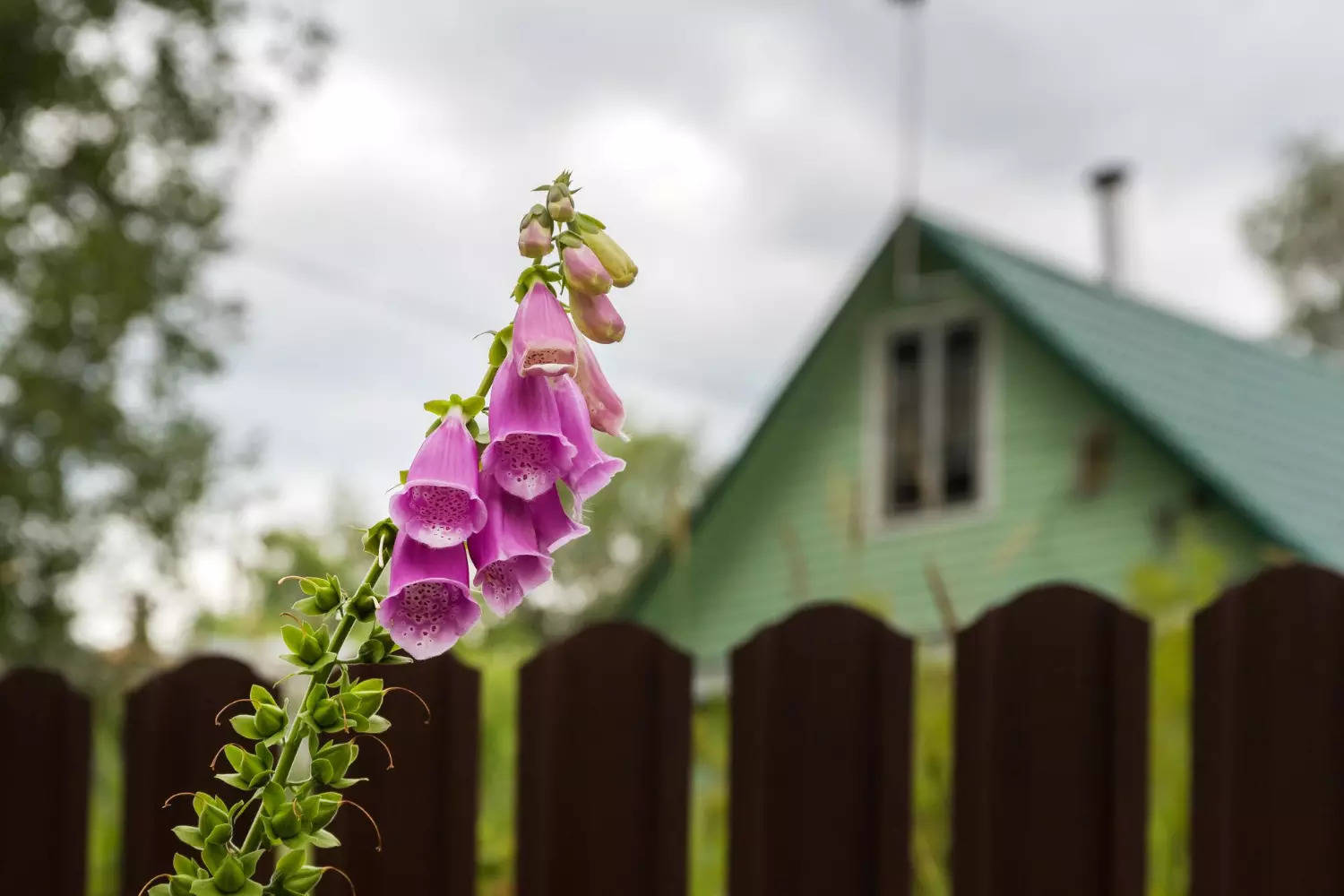How To Grow Foxgloves At Home: A Complete Gardening Guide

Foxgloves, with their graceful, towering spikes of bell-shaped flowers, add a touch of elegance to any garden—especially in cooler climates and shaded areas where many other plants struggle to flourish.
This guide shares five key tips to help you cultivate healthy foxgloves and enjoy an abundance of blossoms in your own backyard.
1. Choose the Ideal Location
Selecting the right spot is crucial for foxglove success. These plants prefer partial shade, flourishing under the gentle, dappled light provided by trees or the north side of a building. A location that receives morning sunlight but is shielded from harsh afternoon rays sets the stage for vigorous growth and prolific flowering.
2. Prepare and Maintain the Soil
Foxgloves thrive in fertile, well-drained soil with a slightly acidic to neutral pH—ideally between 6 and 7. Enhance your garden bed by incorporating organic matter such as compost or leaf mold. This not only improves soil fertility but also aids in moisture retention and drainage. A layer of mulch around the plants can further conserve soil moisture and moderate temperature fluctuations.
3. Water Wisely
While foxgloves can tolerate some drought once established, they perform best with regular watering—especially during the blooming season in spring and early summer. Water deeply once a week during dry spells to encourage deep root growth. Avoid overhead watering to minimize the risk of leaf spot diseases.
4. Feed for Growth and Blooms
A balanced nutrient supply is essential for robust growth and vibrant flowers. Begin with a slow-release fertilizer at planting, and continue with monthly applications of a liquid fertilizer during the growing season. Look for products with an equal mix of nitrogen, phosphorus, and potassium (like a 10-10-10 blend) to support overall plant health and development.
5. Protect Against Pests and Diseases
Although foxgloves are generally hardy, they can fall prey to pests such as aphids and diseases like powdery mildew if stressed by unfavorable conditions. Regularly inspect your plants for any signs of trouble and act promptly. Neem oil or insecticidal soap can be effective in managing aphid infestations, while ensuring that beneficial insects remain unharmed.
Next Story